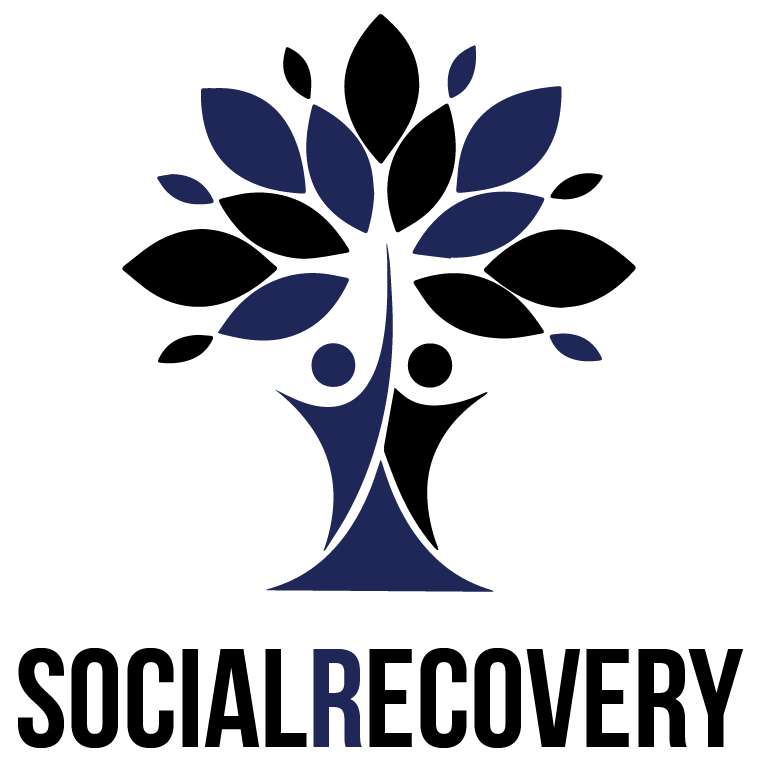Recovery centers are often framed as places where people go to stop using drugs. That view is limited. Rehab teaches things no one really talks about—things that stick with you for life. They’re not printed on the schedule. They’ve lived in the quiet moments, the tough group talks, and the morning routines. These are the lessons that keep showing up, even when no one’s around to watch. If you’ve ever wondered what rehab really changes, this is what it gives you, without fanfare, but with deep effect.
More Than Quitting
Sobriety is a milestone, not the whole story. Rehab walks you through the reasons behind the need to escape. It helps you notice the patterns, the triggers, the emotional wounds that fed the habit in the first place. You start to realize that the issue was never just the substance—it was everything around it. And that knowledge becomes power.
You walk away with:
A deeper understanding of what you were running from
Emotional tools that work outside the rehab walls
The ability to make sense of your behavior, not just control it
You Learn to Sit with Discomfort
There’s no numbing, no zoning out, no quick exit. You’re asked to feel it all—fear, regret, grief, guilt. Over time, you get better at sitting in that storm without falling apart. Eventually, you realize those feelings won’t destroy you. They pass. And you get through them—sober, clear, alive.
This teaches you how to:
Handle life without needing to run
Process feelings instead of burying them
Build emotional endurance, one moment at a time
Honesty Stops Being Scary
In rehab, there’s no payoff for pretending. You quickly learn that hiding your truth only delays healing. Vulnerability turns into strength. Every time you speak honestly about mistakes, fears, and slip-ups, you take back a little more control. You feel lighter. You feel real. And that feels better than the high ever did.
Honesty helps you:
Build trust with others
Rebuild trust with yourself
Drop the mask you’ve worn for too long
Structure Isn’t Control—It’s Steady Ground
At first, the schedule feels stiff. But soon, you start to feel different. Your mind slows down. The background noise gets quieter. Without chaos, focus grows. The structure isn’t there to limit you. It gives you something stable when everything else feels shaky.
Structure gives you:
A dependable rhythm to your day
A chance to rebuild good habits
Mental space to focus on healing
With routine, you begin to:
Sleep better
Eat consistently
Show up on time
Feel more balanced overall
You Stop Running from Yourself
When substances are out of reach, what’s left is you. That can be hard to face at first. Rehab provides a space where you’re not judged. Slowly, you start to sit with your story, your choices, your regrets. You learn to stop editing your truth to make it easier to carry.
What this gives you:
Acceptance without shame
Courage to face the past
Clarity about who you are and what you want next
You no longer:
Hide behind a distraction
Fear your thoughts
Avoid looking inward
Connection Is the Opposite of Addiction
Addiction is isolating. It disconnects you from family, friends, even yourself. Rehab creates the opposite. In group sessions, someone says what you were too scared to admit. And you nod, because they get it. That mutual recognition makes the connection feel safe again.
Connection shows you:
You’re not the only one who feels lost
Others have fallen—and gotten back up
Shared pain is lighter than silent pain
This leads to:
Less shame
Stronger bonds
More honest relationships outside rehab
Control Isn’t Everything
You don’t get to control when the group starts or when the lights go out. At first, that’s frustrating. But eventually, you realize that control wasn’t keeping you safe—it was just keeping you stuck. Letting go becomes a quiet strength.
You start to learn how to:
Accept what you can’t change
Stay calm in situations outside your control
Stop needing to manage everything at once
This builds:
Patience
Flexibility
Trust in the process of growth
You Learn the Difference Between Alone and Lonely
There’s a stillness in rehab that can feel foreign. You’re away from your usual people, places, and distractions. But over time, that quiet space starts to feel peaceful. You realize that being alone doesn’t mean being abandoned. It can mean it’s time to reset.
This helps you:
Value your own company
Rest without guilt
Hear your thoughts clearly
It becomes easier to:
Set healthy boundaries
Avoid toxic relationships
Know when to say no
Recovery Isn’t a Moment—It’s a Choice
Leaving rehab doesn’t mean you’re done. You’ll still have tough days. But now, you know how to handle them. You know who to call. You know what to say. Recovery becomes something you live, not something you wait to feel. And that gives you steady ground—even when life shakes.
Recovery becomes:
A daily practice
A commitment to growth
A choice to keep showing up
You carry forward:
Discipline
Emotional insight
A support network that lasts
Closing Thought
Rehab teaches more than sobriety. It teaches survival in a different form—quiet, grounded, long-lasting. These aren’t lessons you see on paper. You feel them. They stick. They keep whispering in your ear when things get loud again. And that’s the real work—living what you’ve learned, one step at a time. Social Recovery offers rehab drug treatment services that provide structured support to help individuals overcome addiction and rebuild a healthier life. No spotlight. No applause. Just quiet strength that doesn’t need permission to keep going.


